Author Angie Thomas fights the system in her debut book “The Hate U Give”
The Hate U Give shows readers the suffering brought by police brutality and racism in America.
If you had something to say, something only you could say, but would face persecution for it, would you still say it?
We often tell ourselves that of course we would. We promise ourselves that we would speak up and stand up for what’s right.
But would we really put ourselves on the spot? Would we risk it?
This is the dilemma that Starr Carter faces in The Hate U Give, a sensational debut by Angie Thomas.
Starr witnesses her childhood best friend, Khalil, being killed by a police officer for no good reason. Khalil was black. The cop is white. And you guessed it: this book is partly about racism.
Starr lives in a neighborhood called Garden Heights, known for gangs and drugs. Her father was a gang member and sold drugs himself, but he paid the price in jail. He taught Starr and her brothers to never fall into that life and worked his hardest to make sure they wouldn’t have to. He gives them “the talk” about how to act around cops. Keep your hands visible. Don’t make any sudden moves. Only speak when spoken to.
What strikes me about “the talk” is that I didn’t get it. Sure, my parents made sure I knew to follow the law and be respectful to the police, but I never really had to be afraid of them. I’m also white. And just because I’m white, I don’t have to learn special rules to keep out of trouble with the people protecting me. I don’t have to worry about extra security checks at the airport. I don’t have to watch what I wear so people won’t assume I’m up to no good. Minorities do. That really bothers me. And as a sheltered white girl, The Hate U Give gave me an idea of what it’s like. I’ll never completely understand, and most white people won’t either, but this book is an eye-opener to the horrible racism laced into the every-day lives of the people of the Free World.
As the police begin investigating Khalil’s death, people justify One-Fifteen’s (the officer who killed Khalil) actions with the fact that Khalil was a drug dealer, that he may have been in a gang, that he appeared to have a gun, that he was cussing at the officer, that he was just another thug.
Starr knows that Khalil sold drugs to pay off his drug-addict mother’s debts, that he wasn’t ever in a gang, that the supposed gun was a black hairbrush, that she and Khalil didn’t cuss, that Khalil was more than a label.
“I’ve seen it happen over and over again: a black person gets killed just for being black, and all h*** breaks loose. I’ve retweeted RIP hashtags, reblogged pictures on Tumblr, and signed every petition out there. I always said that if I saw it happen to somebody, I would have the loudest voice, making sure the world knew what went down. Now I am that person, and I’m too afraid to speak,” (Pages 34-35).
Starr has to decide if she will speak out. Her decision will change relationships and lives.
Bestselling authors such as John Green (he’s the best) and Jason Reynolds (author of Long Way Down, which is the current MHS Book Club book) gave it good reviews, and The Hate U Give has been made into a movie that was released on October 5 (and that’s pretty impressive for a debut).
This book is absolutely wonderful. It talks about so many deep subjects, but it’s still an easy read that you’ll whip through. I’ll finish up with a some wise words from Starr’s attorney (Page 410):
“‘Who said talking isn’t doing something?’ she says. ‘It’s more productive than silence. Remember what I told you about your voice?’
“‘You said it’s my biggest weapon.’
“‘And I mean that.’ She stares at me a second, then sighs out her nose. ‘You want to fight the system tonight?’
“I nod.
“‘C’mon then.’”
Your donation will support the student journalists of Mead High School. Your contribution will allow us to purchase equipment and cover our annual website hosting costs.
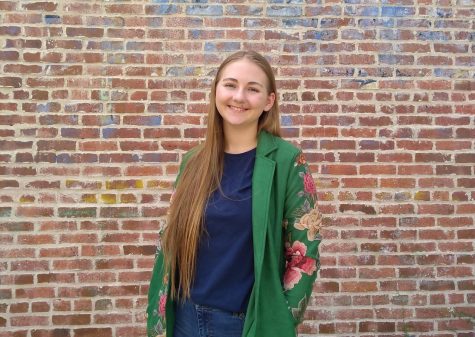
Adah McMillan is a Senior. She enjoys reading, drawing, eating candy, playing the piano, listening to musicals, and being right. She is involved in choir, NHS, the MHS Book Club, and SVVSD's Innovation Center. She is excited to do more work in The Mav this year and make the website as perfect as it can be.
You can contact her at [email protected].

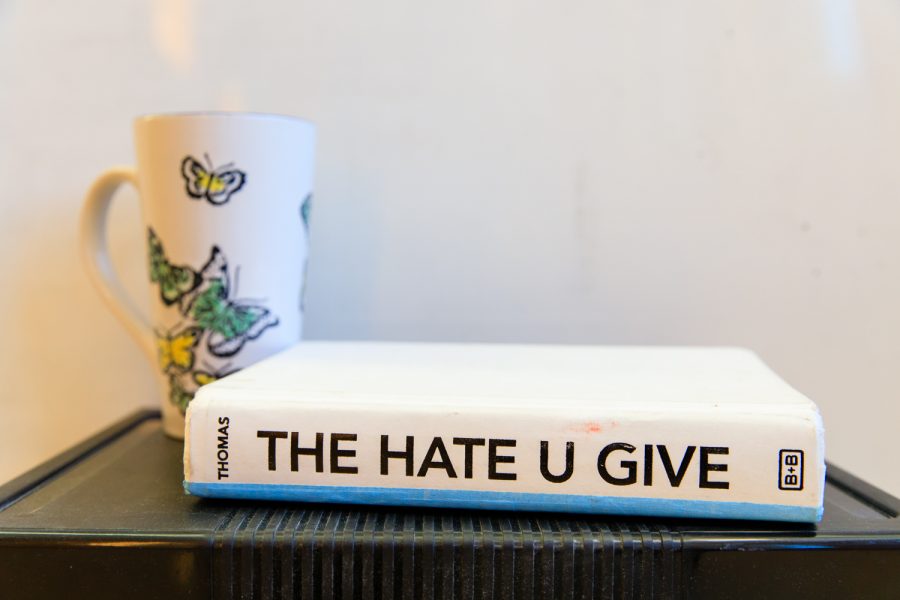
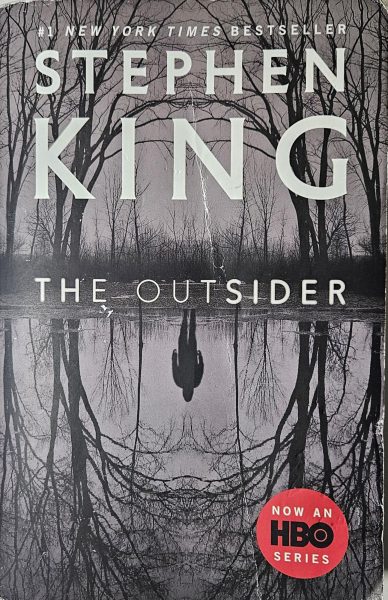
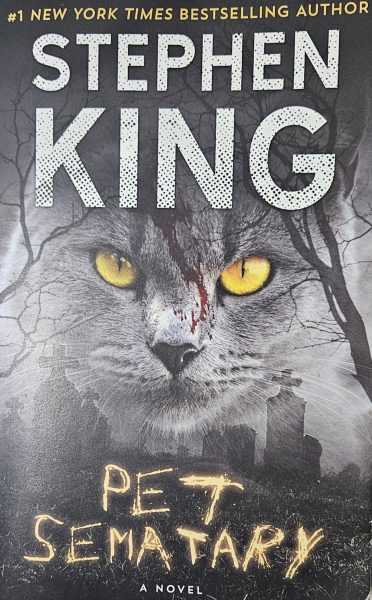
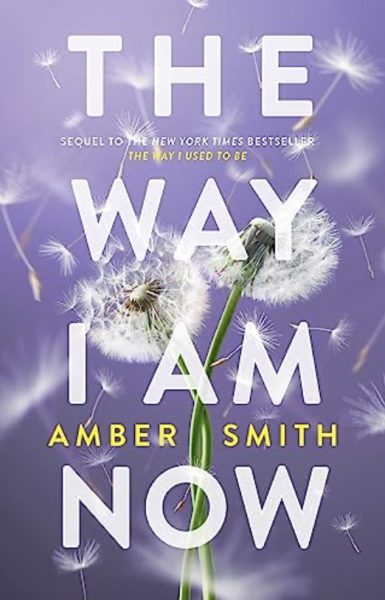
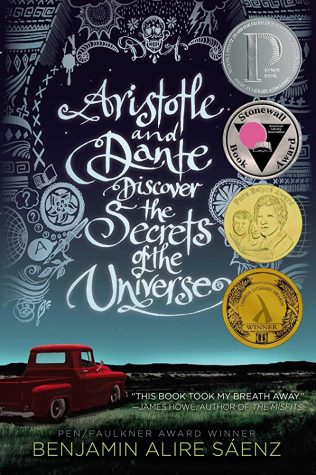
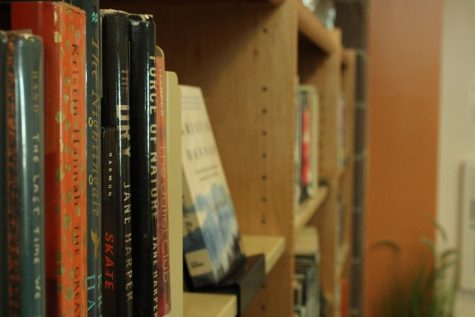
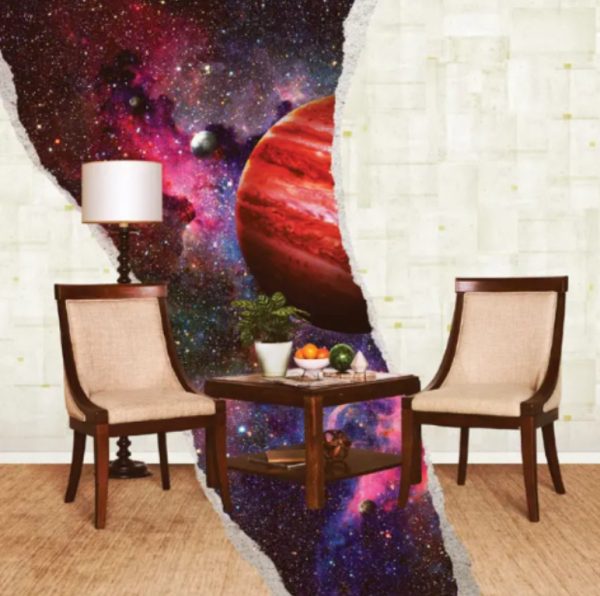
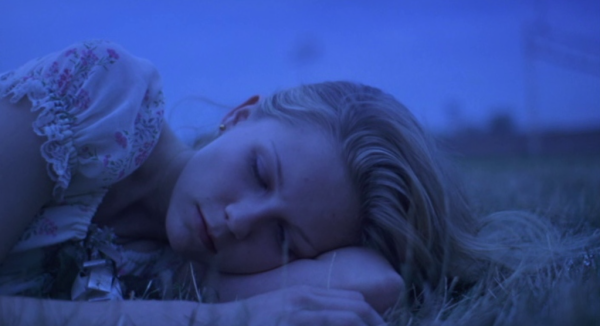
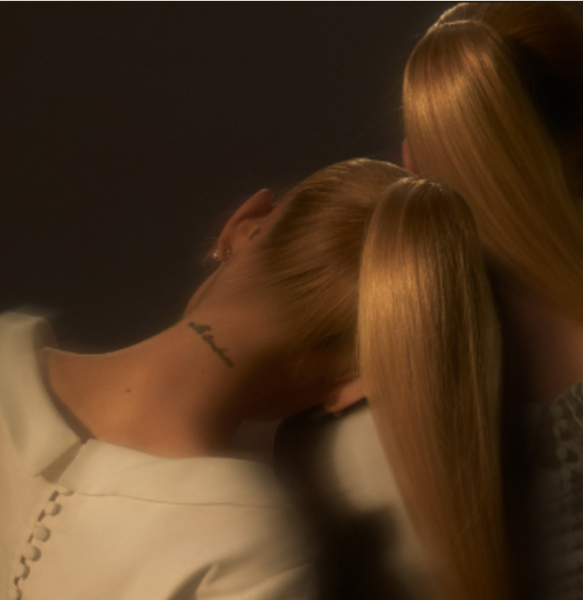
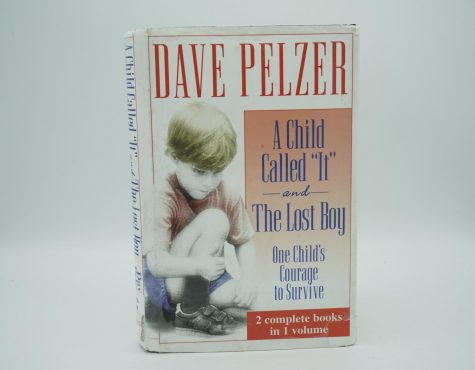
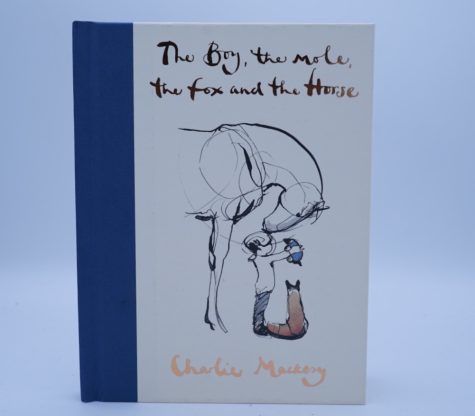
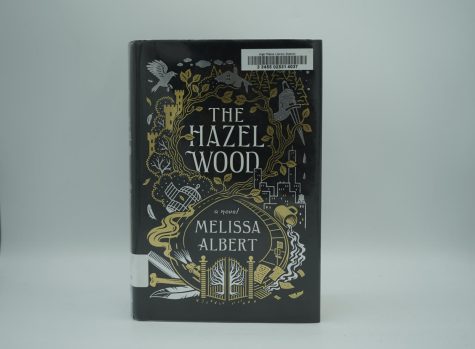
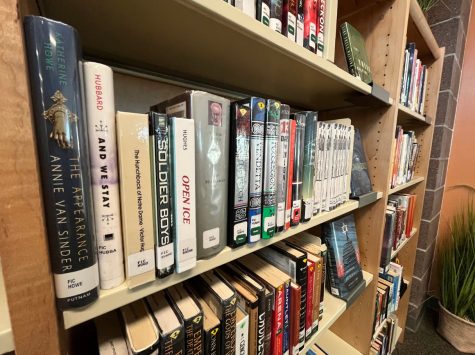
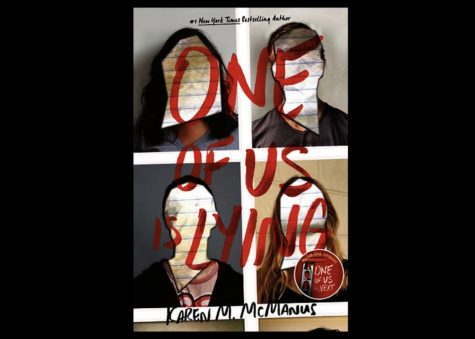
Rachel Long • Oct 17, 2018 at 12:36 pm
This book has been on my TBR list for awhile. Your review makes me want to put it at the top of the list. It sounds like a difficult, but important subject.